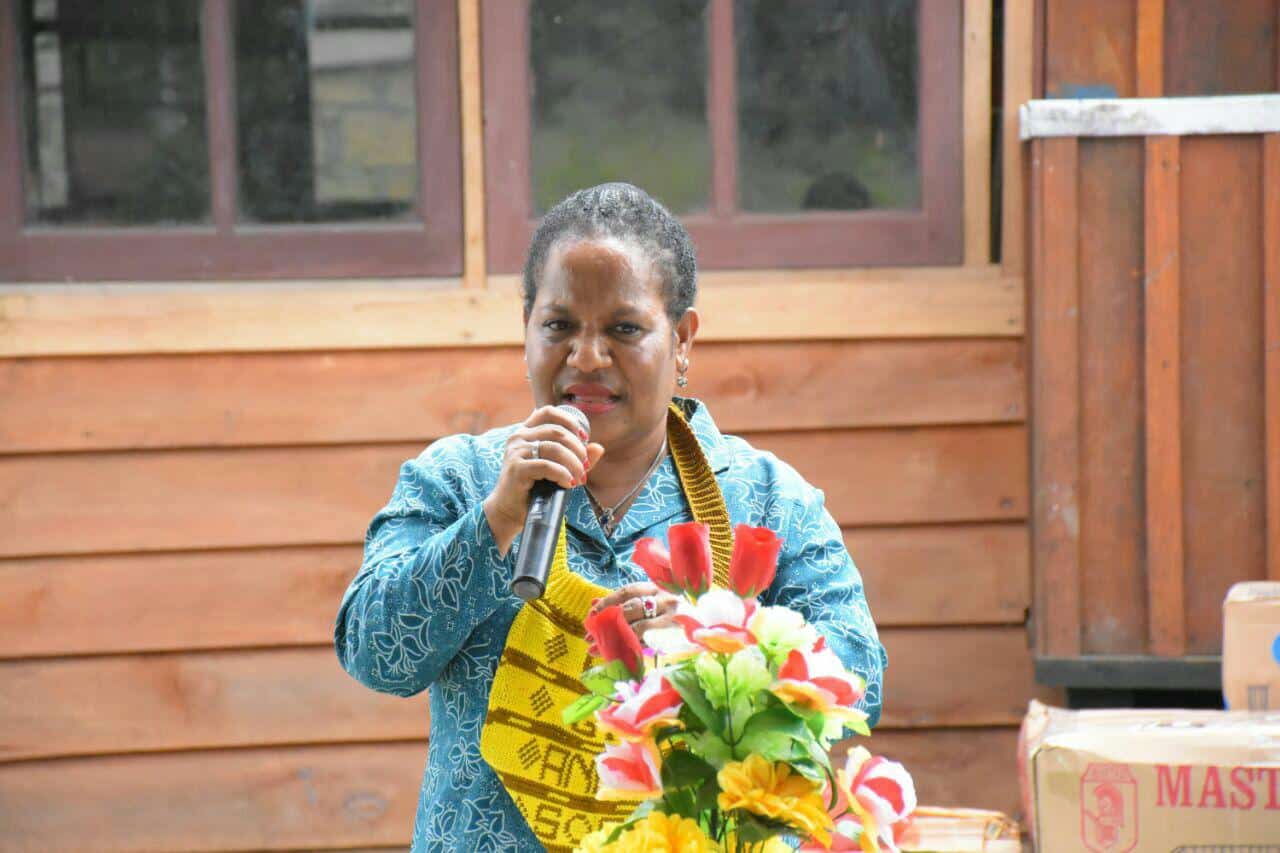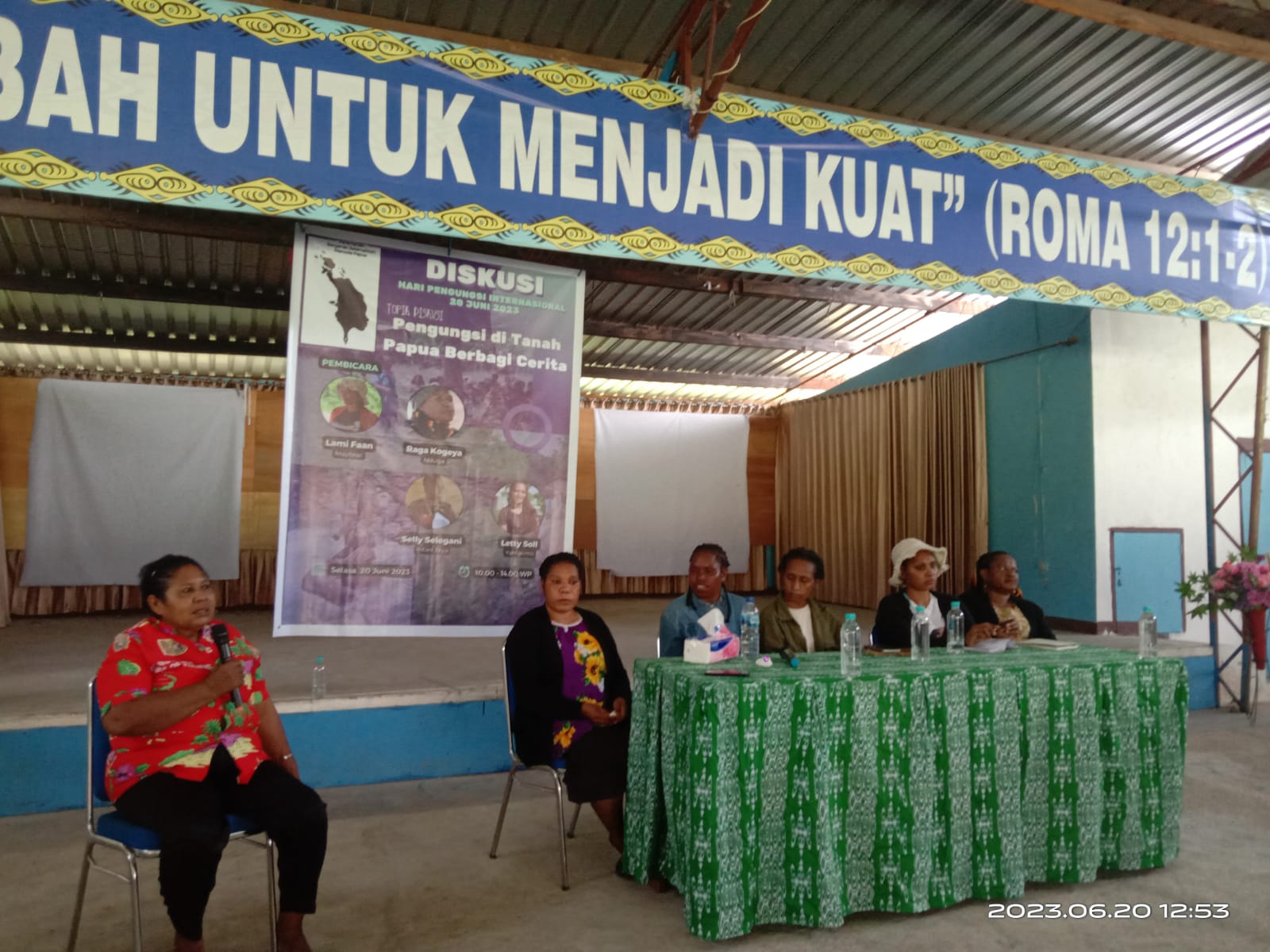
Jayapura, Jubi – Deputy for Family Planning and Reproductive Health National Family Planning Coordinating Board Center (BKKBN), DR. Ir. Dwi Listyawardani said that family planning (KB) development in Papua Province is different from other regions because Papua has a very wide geographical area but the population is very small.
If generation born in a planned way, Dwi believes that Papuan children in the future have high competitiveness.
“It would be a mistake to assume that KB in Papua is only to limits the population. What we want is the arrangement of the birth distance of children with an ideal distance of 3 years. Of course, intervention from local government with other programs such as First Day of Life and exclusive breastfeeding movement is desirable. Because this will give birth to a healthy child, intelligent and competitive,” said Dwi on Monday (July 31).
On the same occasion, the Expert Staff of the Governor of Papua, Drs. Simeon Itlay said the Papua Provincial Government agreed with BKKBN’s commitment not to limit the number of children in Papua. Because compare to the approximately 200 million people in Indonesia, the population of Papua is one of the very few, in addition to West Papua, Maluku and NTT.
“I think we agree that in Papua the number of children must be more than two. Family planning in Papua is not limiting the number of children but regulating the number of children, preparing a healthy generation, and being able to afford food, clothing, shelter and school,” says Itlay.
According to Itlay, one of the Papuan Governor’s missions is to save indigenous Papuans to get rid of ignorance, poverty and isolation. Therefore, he hopes BKKBN can synergize for the development of human resources in the province of Papua from an early age.
Meanwhile, Head of PKK Team of Papua Province, Mrs. Yulce Wenda Enembe said PKK and BKKBN have the same role in forming healthy, qualified and competitive Papuan families. Therefore, the involvement of stakeholders to take a role in it is needed, both from the Department of Health, Education Office and other offices in charge of economic empowerment.
“We want to cooperate with all parties in synergy. …All parties should play a role to build quality Papuan families,” Yulce said.
On that occasion, in front of the press, the Governor of Papua also asked for commitment from all regents and mayors in Papua province to support family assistance (PKK) program, especially as an important pillar of family health development.
“In response to the high rates of cervical cancer suffered by mothers in Papua, our PKK Province has also partnered with OASE Working Cabinet to conduct IVA/Pap smear testing, cancer-related health checks. Mother must be healthy to give birth to a healthy generation of Papuans,” said Yulce. (*)
















